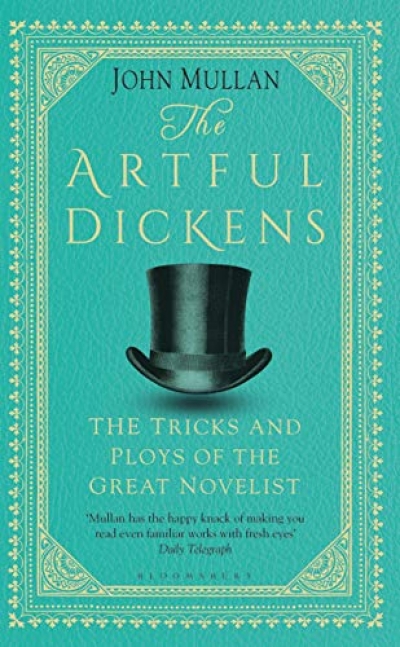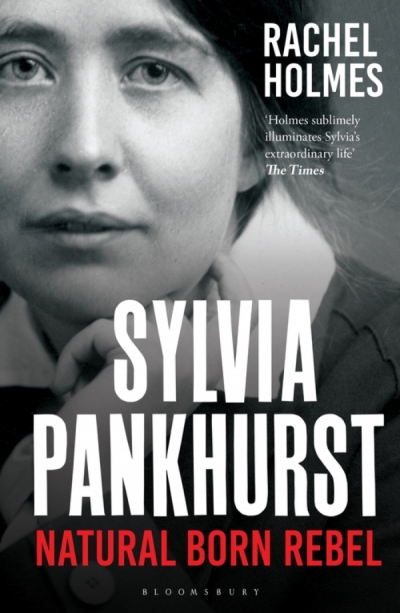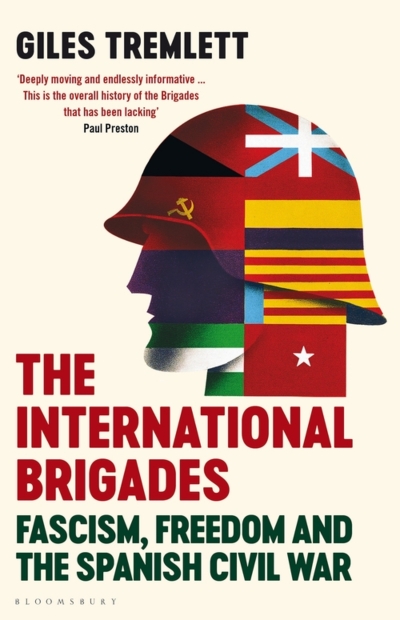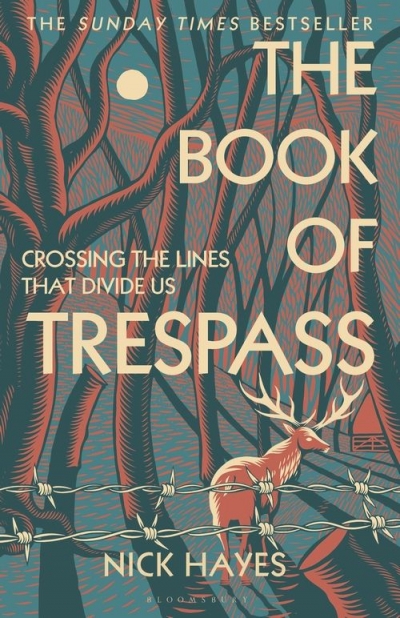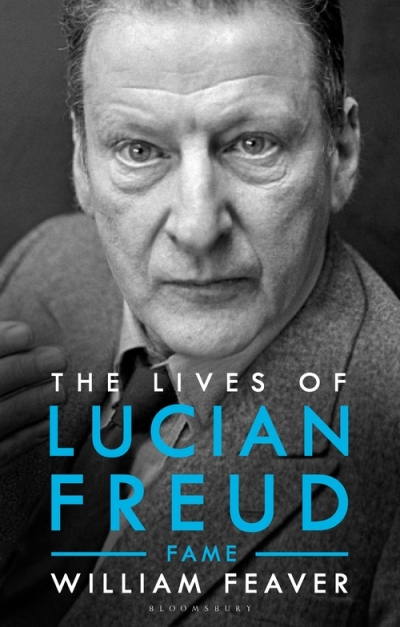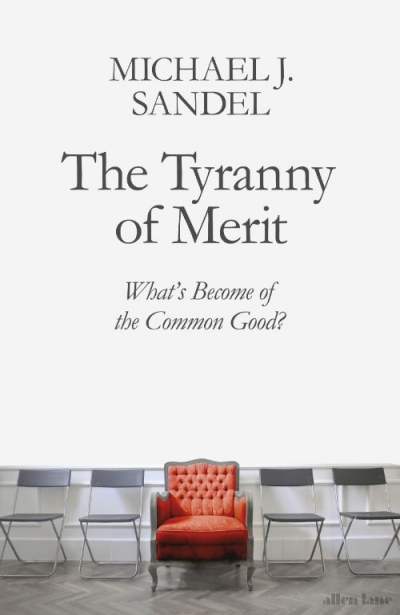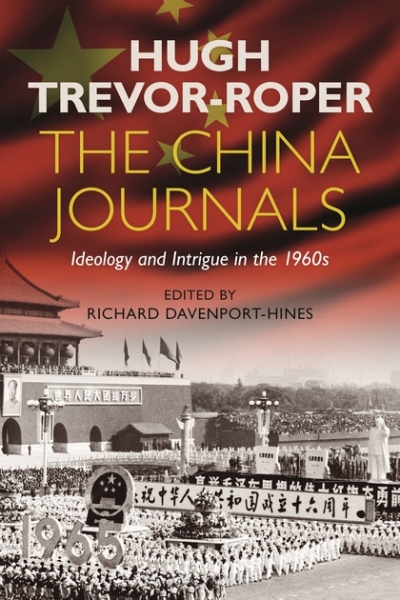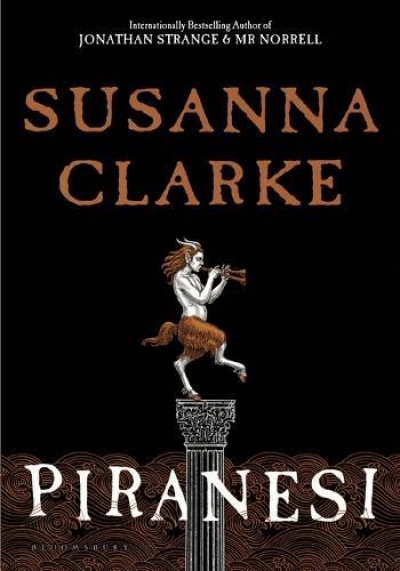Bloomsbury
The Artful Dickens: The tricks and ploys of the great novelist by John Mullan
by Jennifer Gribble •
The International Brigades: Fascism, freedom and the Spanish Civil War by Giles Tremlett
by Luke Stegemann •
The Book of Trespass: Crossing the lines that divide us by Nick Hayes
by Gregory Day •
The Lives of Lucian Freud: Fame, 1968–2011 by William Feaver
by Ian Dickson •
The Precipice: Existential risk and the future of humanity by Toby Ord
by Robert Sparrow •
The Tyranny of Merit by Michael J. Sandel & Philanthropy by Paul Vallely
by Glyn Davis •
The China Journals: Ideology and intrigue in the 1960s by Hugh Trevor-Roper, edited by Richard Davenport-Hines
by Nicholas Jose •
In year four of their respective terms, George W. Bush and Barack Obama enjoyed a mixed press. Some accounts lauded them, others were sceptical. The assessments were uniformly partisan. The titles of contemporary books reflected how Republicans backed Bush (he was ‘The Right Man’), Democrats Obama (for successfully ‘Bending History’). Donald Trump, on the other hand, stands as one of the most vilified presidents in American history, from all points of the spectrum. Indeed, these books together make the case that the forty-fifth president is a man so psychologically flawed he poses a clear and present danger to American democracy.
... (read more)
